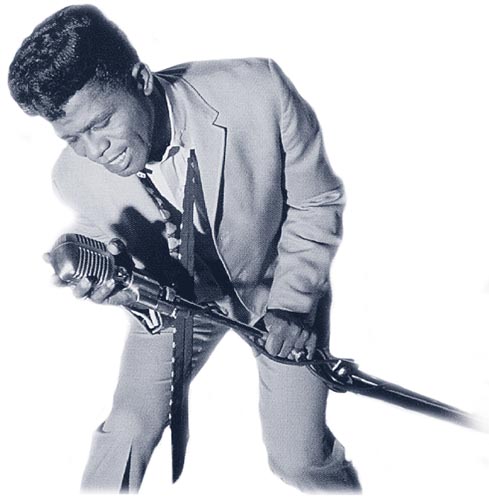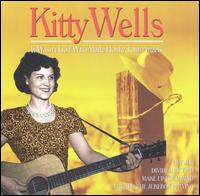When I’m on stage, I’m trying to do one thing: bring people joy. Just like church does. People don’t go to church to find trouble, they go there to lose it.
~James BrownThe one thing that can solve most of our problems is dancing.
~James Brown“Soul Brother Number One,” “the Godfather of Soul,” “the Hardest Working Man in Show Business,” “Mr. Dynamite” — those are mighty titles, but no one can question that James Brown earned them more than any other performer. Other singers were more popular, others were equally skilled, but few other African-American musicians were so influential over the course of popular music. And no other musician, pop or otherwise, put on a more exciting, exhilarating stage show: Brown’s performances were marvels of athletic stamina and split-second timing.
~Richie Unterberger (allmusic.com)
Papa’s Got a Brand New Bag – Live at Montreux:
James Brown tribute youtube playlist:
From Wikipedia:
James Joseph Brown (May 3, 1933 – December 25, 2006) was an American singer, songwriter, musician, and recording artist. He is one of the founding fathers of funk music and is a major figure of 20th century popular music and dance. In a career that spanned six decades, Brown profoundly influenced the development of many different musical genres.
I Feel Good:
Brown moved on a continuum of blues and gospel-based forms and styles to a profoundly “Africanized” approach to music making. First coming to national public attention in the mid 1950s as a member of the R&B singing group The Famous Flames, Brown performed in concerts, first making his rounds across the Chitlin’ Circuit, and then across the country and later around the world, along with appearing in shows on television and in movies. Although he contributed much to the music world through his hitmaking, Brown holds the record as the artist who charted the most singles on the Billboard Hot 100 without ever hitting number one on that chart.
For many years, Brown’s touring show was one of the most extravagant productions in American popular music. At the time of Brown’s death, his band included three guitarists, two bass guitar players, two drummers, three horns and a percussionist. The bands that he maintained during the late 1960s and 1970s were of comparable size, and the bands also included a three-piece amplified string section that played during ballads. Brown employed between 40 and 50 people for the James Brown Revue, and members of the revue traveled with him in a bus to cities and towns all over the country, performing upwards of 330 shows a year with almost all of the shows as one-nighters. In 1986, he was inducted into the Rock and Roll Hall of Fame and in 2000 into the Songwriters Hall of Fame. Brown died on Christmas Day 2006 from heart failure after becoming ill two days earlier and being hospitalized for hours. He is buried in Beech Island, South Carolina.
Night Train:
Playlist of the day:
Other May-03:
- Peter “Pete” Seeger (born May 3, 1919) is an American folk singer. A fixture on nationwide radio in the 1940s, he also had a string of hit records during the early 1950s as a member of The Weavers, most notably their recording of Lead Belly’s “Goodnight, Irene”, which topped the charts for 13 weeks in 1950. Members of The Weavers were blacklisted during the McCarthy Era. In the 1960s, he re-emerged on the public scene as a prominent singer of protest music in support of international disarmament, civil rights, and environmental causes.
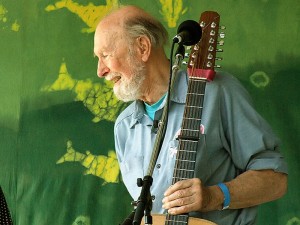 –
– - Dave Dudley (May 3, 1928 – December 22, 2003), born David Darwin Pedruska, was an American country music singer best known for his truck-driving country anthems of the 1960s and 1970s and his semi-slurred baritone. His signature song was “Six Days on the Road,” and he is also remembered for “Vietnam Blues,” “Truck Drivin’ Son-of-a-Gun,” and “Me and ol’ C.B.”. Other recordings included Dudley’s duet with Tom T. Hall, “Day Drinking,” and his own Top 10 hit, “Fireball Rolled A Seven,” supposedly based on the career and death of Edward Glenn “Fireball” Roberts.
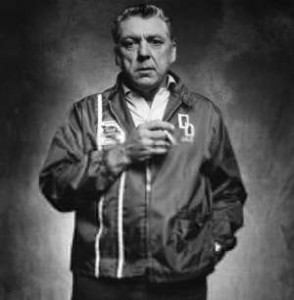 –
– - Bob Dylan recorded “I Believe In You” & “Slow Train” in 1979.
Check out:
Bob Dylan – 4th Slow Train Coming Recording Session – 3 May 1979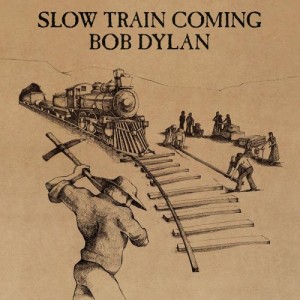 –
– - “It Wasn’t God Who Made Honky Tonk Angels” is a 1952 country song written by J. D. “Jay” Miller, and originally recorded by Kitty Wells. It was an answer song to the Hank Thompson hit “The Wild Side of Life.”The song — which blamed unfaithful men for creating unfaithful women — became the first No. 1 Billboard country hit for a solo female artist. In addition to helping establish Wells as country music’s first major female star, “It Wasn’t God…” paved the way for other female artists, particularly Dolly Parton, Patsy Cline, Loretta Lynn, and Tammy Wynette, and songs where women defied the typical stereotype of being submissive to men and putting up with their oft-infidel ways.
Released June 1952 (U.S.) Format 7″, 78 rpm Recorded May 3, 1952
Castle Studios,
Nashville, TennesseeGenre Country Length 2:33 Label Decca 28232 Writer(s) J. D. “Jay” Miller Producer Paul Cohen
-Egil


